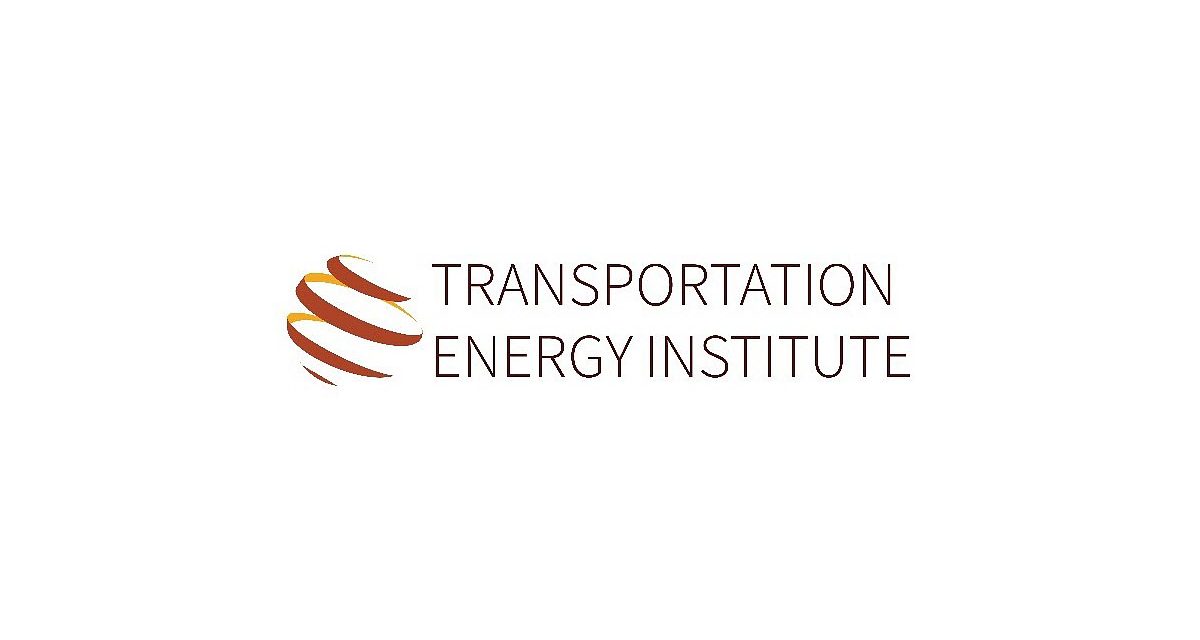The focus of the organization always was, and remains today, on the energy that powers transportation; the rebrand further reflects the breadth of how the industry has evolved.
The Fuels Institute, a non-profit, non-advocacy research organization dedicated to studying transportation energy, announced that they have completed a rebranding. The organization will now be called the Transportation Energy Institute. The change reflects how the market has evolved and the shift in focus to non-liquid options.

Institute Executive Director John Eichberger announces the rebranding on May 24 at the Fuels 23 conference held in St Louis, Missouri.
“When we started Fuels Institute 10 years ago, our mission was and today remains focused on all sources of transportation energy and the term ‘fuels’ has always reflected that,” states John Eichberger, executive director of the institute. “We have grown expansively, as reflected in the diversity and inclusivity of our board and the breadth of our research.
“Meanwhile, the transportation industry itself has evolved and the term ‘fuels’ has come to be viewed by many key stakeholders as not as inclusive as it once was, suggesting to some a limited focus on liquid hydrocarbons rather than inclusive of all energy options. Our Board recognized this shift in perception and determined that it was time to reflect that evolution in our brand to ensure our research is being received as a valuable resource by all decision makers as we continue to evolve and explore new avenues of global initiatives that impact both the consumer and industry objectives.”
The Transportation Energy Institute will continue their fact-based and peer-reviewed research under the new name. The organization will also continue the work published by its Electric Vehicle Council and Medium and Heavy-Duty Committee as well as supporting the ESG Integrity program. Future efforts may include other elements of the transportation sector and there was a desire from the Board for the brand to reflect that potential expansion and invite additional discussion. Such expansion could broaden the scope of the Organization’s work and expand the inclusivity of those who contribute to its board.









